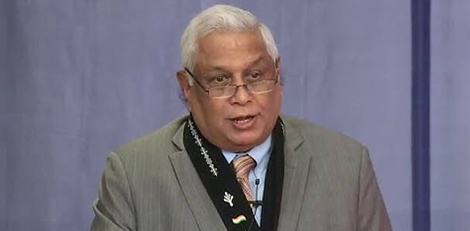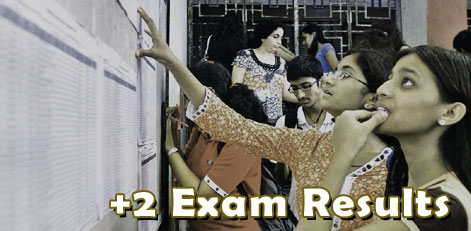HEART FAILURE REGISTRY AT SRMU INAUGURATED BY M K STALIN
Posted on: 22/Sep/2010 3:28:00 AM

Deputy Chief Minister M.K.Stalin inaugurated a heart failure registry at the Sri Ramachandra University (SRU), here on Tuesday. The registry, the first of its kind in the country, will see the involvement of private sector and public sector hospitals.
A recent study by the Tamil Nadu Health Systems Project had shown that among people over 30 years, 30 per cent have Diabetes, 20 per cent have high blood pressure, and 10 per cent, heart disease. Out of this 24 % of the death is due to Heart disease.
Total of 19,394 camps have been held and over 156 lakh people have benefited a as part of the �Varummun Kappom Thittam� an Intiative of The Government of Tamilnadu and as per the data collected from the camps 4.94 lakh people were found to have high blood pressure, and about 60,532 people had heart disease. A pilot programme to control cardiovascular disease had been implemented in Sivaganga and Virudhunagar districts and had shown positive results, he added.
As part of a Centrally-sponsored public health scheme to be launched soon, field paramedics and nurses will test the blood sugar and pressure levels of the community, going door-to-door. He also listed various other schemes under which the government was hoping to solve the health issues of the people, and added that the jewel in the crown was the Chief Minister`s Insurance Scheme.
K.M.Cherian, founder, Frontier Lifeline Hospital, congratulated SRU for initiating efforts to start one. The message to be taken home is that heart conditions need not be fatal, with the right interventions being offered at the right time. The future will be in the area of stem cell-based therapeutics and genetic re-coding, he added.
Health Minister M.R.K. Panneerselvam and SRU Chancellor V.R.Venkatachalam felicitated the senior cardiac care professionals who were present on the occasion.
S.Thanikachalam, director, Cardiac Care Centre, who initiated the registry, said the idea was to study 20,000 people with heart failure over two years. The data generated from this could be used to draw conclusions about the need for interventions.








